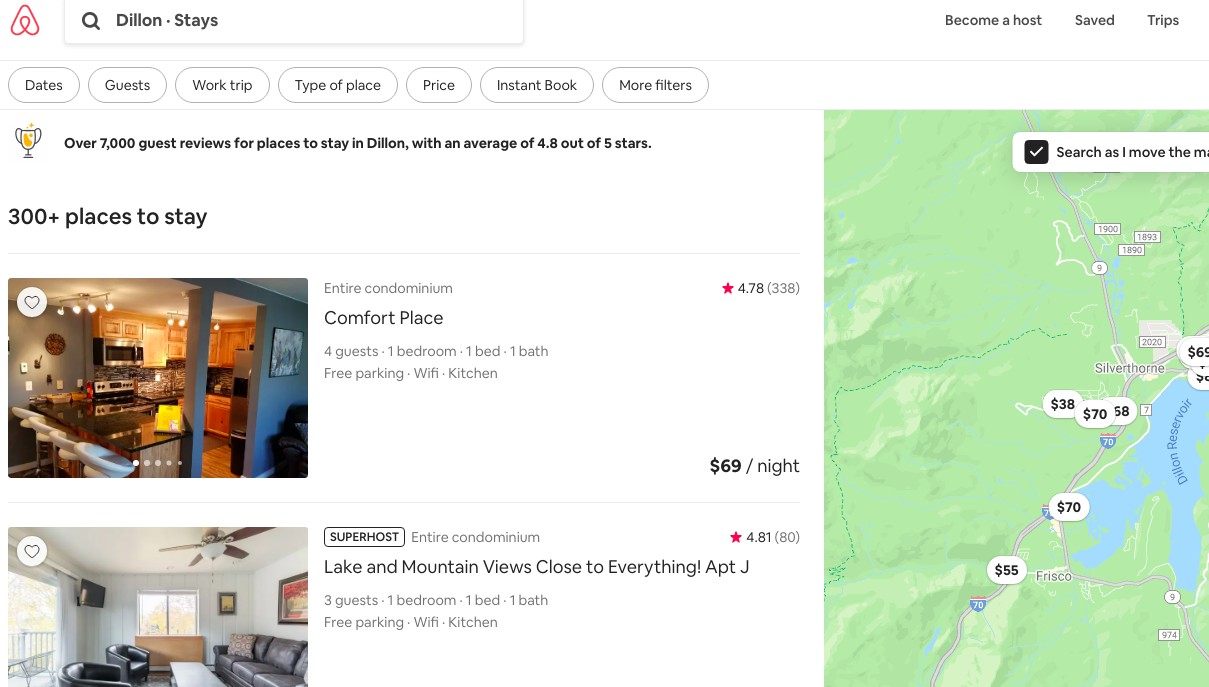
Following the lead of other scrambling local governments in Colorado ski towns, the small community of Cripple Creek has issued a nine-month moratorium on opening or operating new short-term rental properties.
The stoppage is part of an effort in many mountain communities to ease a growing housing shortage as more homeowners put their properties on sites such as VRBO and Airbnb to cater to tourists. In Cripple Creek, many of the visitors are coming to the city for the downtown casinos.
The worry, for many leaders in the communities, is that the more short-term rentals, the less housing there is for the area’s workforce.
“These present a conflict for the city because we do have a workforce housing crisis,” said Cripple Creek City Planner Ryan Helle during a city council meeting in early December. “Short-term rentals are private residences that do take away opportunities for workforce housing.”
The growing popularity of short-term rental properties has led to a wave of regulatory response over the last year in Colorado’s high country. Summit County just emerged last week from a similar 90-day moratorium on such rental licenses.
“If you look at both the towns and unincorporated Summit County, literally one out of every three homes now has a short-term rental license attached to it and that has really created an imbalance in our community,” said Summit County Commissioner Tamara Pogue.
The shortage of housing for restaurant workers and the local ski economy has even led employers to buy hotels in neighboring counties to house their workers. Commissioner Pogue said the 90-day break in allowing new short-term rental licenses gave Summit County time to separate unincorporated county land into two zones; a “resort-zone” allowing property owners to apply for short-term rental licenses as before and “non-resort zones” where new short-term rental licenses are now much more restricted.
The moves come as mountain cities and towns struggle with how they are growing. Some have historically seen such fast growth as a threat to how many there live life. Some have even moved to stop such growth altogether. Earlier this month, Aspen paused all new residential development through the end of next September. It also paused short-term rental permits for existing homes until September 2022.
CPR business reporter Sarah Mulholland compiled a list of the results of about one dozen local ballot measures this past November seeking to curb short-term rentals and to address other housing woes. As leaders put new types of restrictions into place on short-term rentals in the state’s mountain towns, supporters of short-term rentals argue the visitors to their properties are the very people who prop up local economies.








